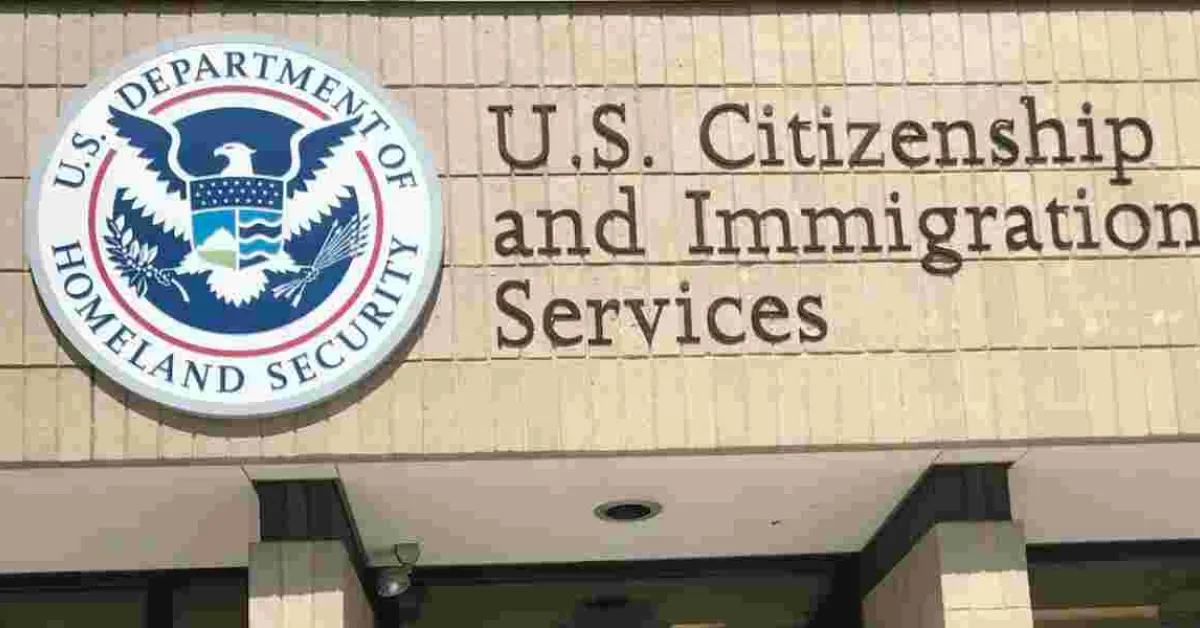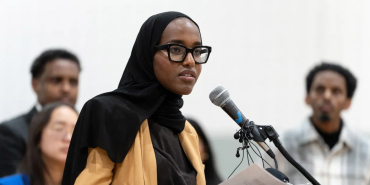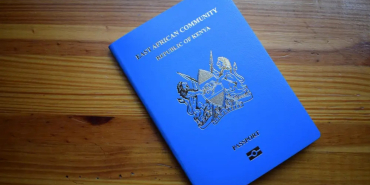New US Citizenship Rules Simplify Entry Proof for Green Card Holders

The US Citizenship and Immigration Services (USCIS) has issued updated policy guidelines that redefine the naturalization requirements for lawful permanent residents (LPRs).
These changes, Effective November 14, 2024, aim to alleviate the burden of proof regarding lawful admission for naturalization applicants, particularly for those with pending applications or new submissions. Naturalization is a crucial step for LPRs seeking US citizenship, requiring applicants to satisfy several conditions.
These include maintaining LPR status for a minimum of five years, exhibiting good moral character during the application period, and demonstrating proficiency in English, as well as knowledge of US civics and government through relevant tests. The newly revised USCIS policy confirms that the requirement to prove lawful admission applies only to an LPR's initial entry or adjustment to their status as a permanent resident.
As a result, the legality of subsequent reentries into the US is no longer a factor in evaluating eligibility for naturalization. This policy adjustment significantly streamlines the naturalization process for many LPRs, easing the previous pressures associated with demonstrating lawful admission at each point of reentry.
The update is particularly advantageous for those who have experienced removal proceedings following a reentry, as the USCIS will now evaluate whether the individual met the lawful admission criteria based solely on their initial entry or adjustment. For prospective naturalization applicants, it is imperative to understand that this policy revision underscores a commitment to clear, fair processes that align with Congressional intentions regarding immigration.
It ensures that applicants are not subjected to additional requirements beyond those mandated by law, thereby enhancing transparency and equity in the naturalization pathway. Overall, these changes are expected to provide greater clarity and consistency, making the journey to US citizenship more accessible for many lawful permanent residents in the coming years.














Add new comment